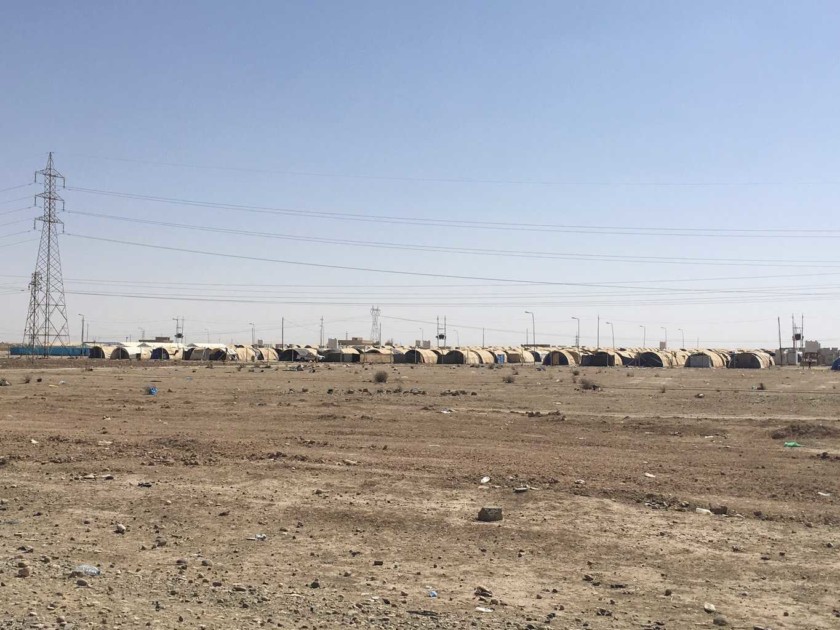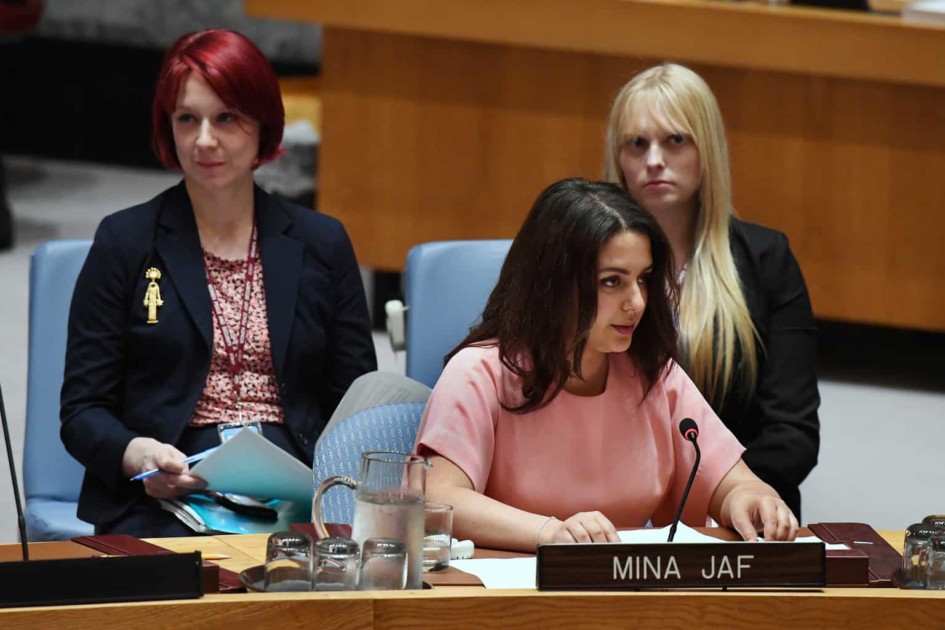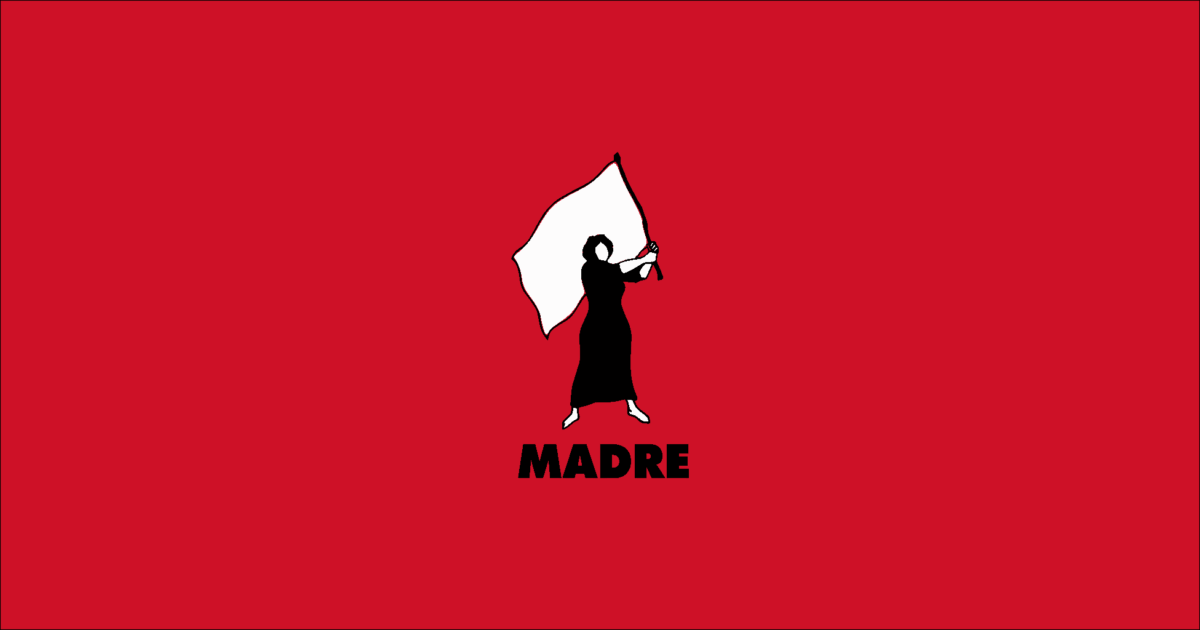Iraq
Iraq
Women are crucial allies to the efforts to eliminate extremism in Iraq. The Islamic State of Iraq and the Levant (ISIL) has contributed to a political landscape in Iraq historically characterized by sectarianism, ineffective judicial systems, high levels of government corruption, and high rates of violence against women, including sexual and gender-based violence. ISIL continues to use sexual and gender-based violence and rape as weapons of war— and targets women, particularly Yazidi women and other non-Shiite minorities, for sexual slavery among fighters.
Iraq acceded to the Convention on the Elimination of all Forms of Discrimination against Women (CEDAW) in 1986, launched the National Strategy on Combating Violence against Women in 2013, and launched its National Action Plan pursuant to Resolution 1325 in 2014. Iraq’s National Action Plan was the first launched in the Middle East. The Ministry of Women’s Affairs in Iraq has also developed a National Strategy for the Advancement of Iraqi Women, but due to the political climate it hasn’t been effectively implemented; similarly, laws banning forced and early marriages are rarely enforced.
Based on the work of NGOWG members and their partners, the NGOWG advocates for the Government of Iraq to clarify their shelter policies, in order to allow and support Iraqi NGOs in their efforts to operate shelters and provide much needed services to survivors of SGBV. Further, the NGOWG urges the Security Council to ensure that the United Nations Assistance Mission for Iraq (UNAMI) is regularly engaging with women’s organizations, and will continue to take concrete steps to support women’s participation in all peace and security processes.
Current and Past Recommendations to the UN Security Council (Monthly Action Points)
In its discussion of the situation in Iraq and the most recent report on the UN Assistance Mission in Iraq (UNAMI), the Council should consider the extent to which the mission is mainstreaming gender as a cross-cutting issue (S/RES/2522 (2020), OP 2(e)), and follow-up on recommendations from previous meetings of the Informal Expert Group (IEG) on WPS, including on the documentation and investigation of attacks against women human rights defenders (as noted in S/2020/353, paras. 15, 53-58, 88) and on progressing the draft anti-domestic violence law and its inclusion of a provision that would legally recognize civil society-run safe homes, produced following an inclusive, consultative process. Further, Security Council members should support Iraqi civil society calls to set up an investigative mechanism that documents, with a gender-sensitive methodology, the violations perpetrated against peaceful demonstrators since 2019, and follow this up with an impartial and transparent mechanism to hold perpetrators accountable. This independent mechanism should affirm the link between impunity for past crimes and ongoing violence in Iraq, recognizing the importance of ensuring accountability for crimes committed prior to the 2019 protests, including ISIL crimes. Briefings should include details about UNAMI’s efforts to ensure women are participating in all aspects of peace, security and political processes, including in roles with influence and authority, particularly regarding the electoral reforms developed in response to protesters’ demands and the new electoral law. There is a correlation between the increase in domestic violence and GBV and increased availability of and access to firearms, as shown by civil society research, which should be accounted for in such processes. It is imperative that UNAMI report on their support for the forthcoming second National Action Plan (NAP) on Resolution 1325 (2000), including ensuring that there are the necessary financial resources for implementation and the establishment of accountability mechanisms to track and measure progress and impact.
Relevant Resources









